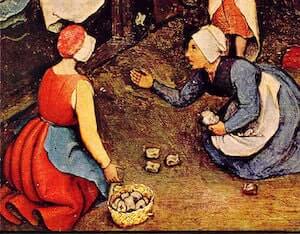Naming automobile models is something that gets a lot of attention from manufacturers.
Almost all car names are some kind of symbolic suggestion.
AMC Pacer
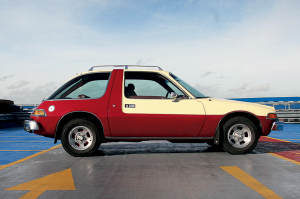
The ’70s Pacer was AMC’s attempt at a futuristic, wide-bodied compact car. The name “Pacer” was meant to suggest speed and forward motion—something pacing ahead of its time. Cool or quirky?
Chevy Corvette

Named after a nimble, lightly armed warship, the Corvette was designed to be fast, agile, and striking.
Ford Bronco

Built to take on the rugged terrain and challenge the Jeep, the Bronco was Ford’s wild stallion. The name called up images of untamed land and rough rides—just what off-roaders were after in the ’60s and ’70s.
Lamborghini Diablo

Spanish for “devil,” the Diablo was actually named after a legendary 19th-century fighting bull. It was designed to embody fierce power and exotic danger, just like the animal.
Chevy Blazer

The Blazer was made to blaze trails—plain and simple. Chevy wanted a name that captured rugged adventure and go-anywhere capability. The name became synonymous with early SUVs long before they ruled the roads.
Ford Mustang
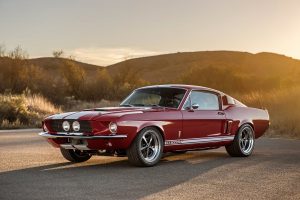
Ford attempted to create its muscle car with a name that comes from both the WWII P-51 fighter plane and the free-roaming wild horses of the West which appear on the car's grille logo Fast, agile, and unapologetically American—it set the tone for generations of pony cars.
Chevy Camaro
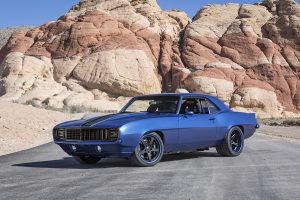
Chevy never gave a straight answer on what “Camaro” meant—one exec famously joked it was “a small, vicious animal that eats Mustangs.” The name actually comes from a French word meaning “comrade” or “friend,” which makes little sense. It sounds sporty and fit with the "C" naming convention used by Chevrolet at the time.
Volkswagen Golf

Believe it or not, the Golf isn’t named after the sport—it’s supposed to be short for Gulf Stream, part of VW’s theme of naming cars after winds and currents (as in their Scirocco, Passat, Jetta). A breezy name for a zippy hatchback.
Rolls-Royce Ghost

“Ghost” pays homage to the original Silver Ghost from 1906, known for being incredibly smooth and silent for its time. Today’s Ghost follows that lineage: ultra-luxurious, eerily quiet, and almost supernatural in how effortlessly it glides.
Dodge Charger
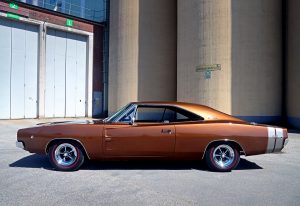
The Charger name suggests a horse trained for battle,and a battle cry, but today we probably first think of a device for charging a battery or battery-powered equipment - power. Whether you’re looking at the ’60s classics or today’s Hellcat beasts, the name fits.
Plymouth Barracuda
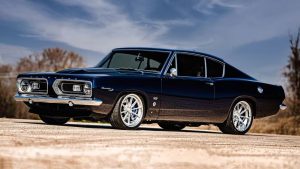
Before the Mustang even hit the streets, the Barracuda made waves. Named after the sleek, dangerous predator of the sea, it perfectly described the car’s sharp styling and serious bite on the drag strip.
Audi Quattro

“Quattro” simply means “four” in Italian, but for Audi, it was a statement. It marked the debut of their revolutionary all-4-wheels-drive system in a sleek coupe. The name became so iconic that “quattro” is now practically synonymous with AWD across the industry.
AMC Javelin
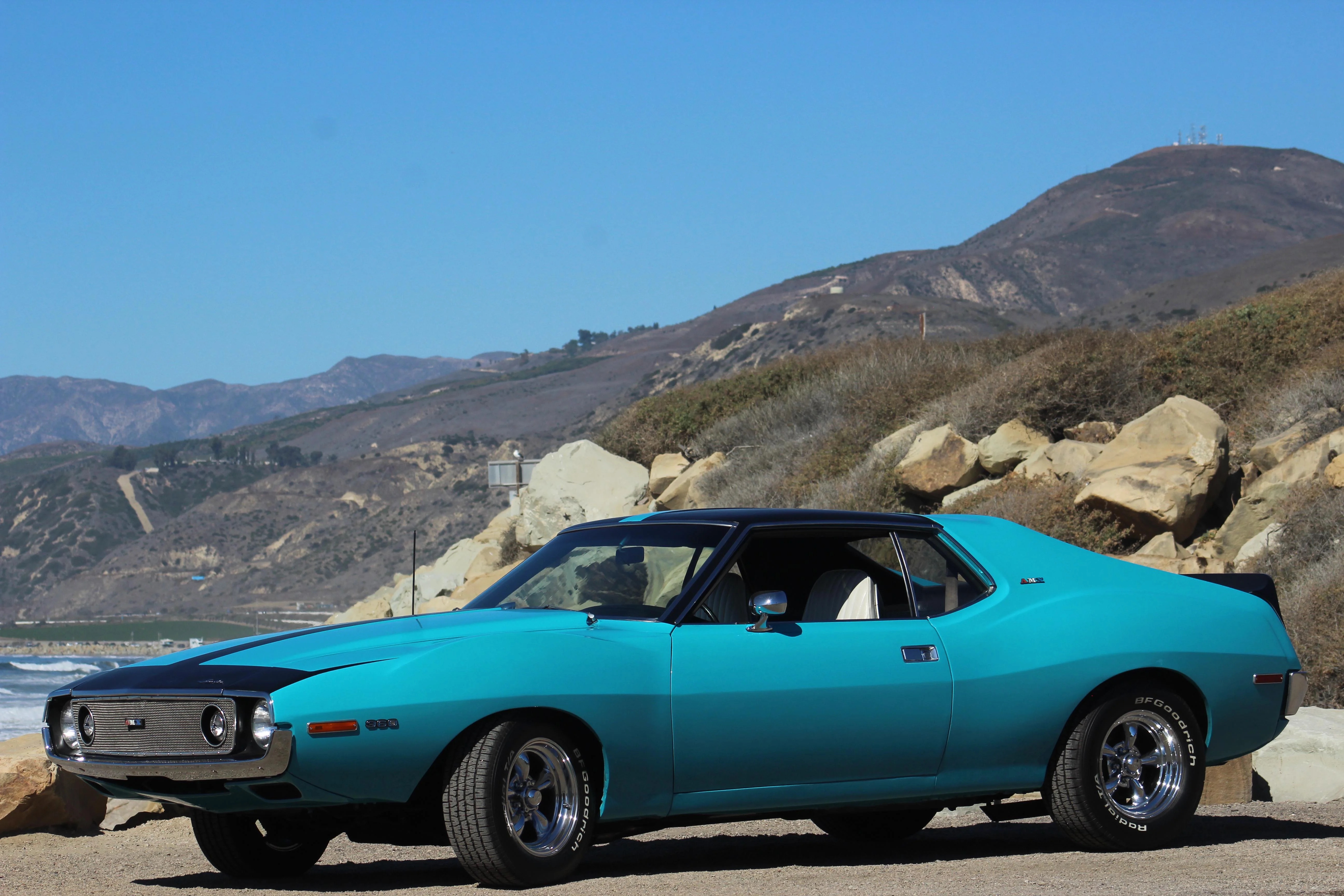
Designed to take on the likes of the Mustang and Camaro, the Javelin carried a name that evoked precision and power. Like its namesake spear, it was built to be thrown into the muscle car wars with deadly intent.













